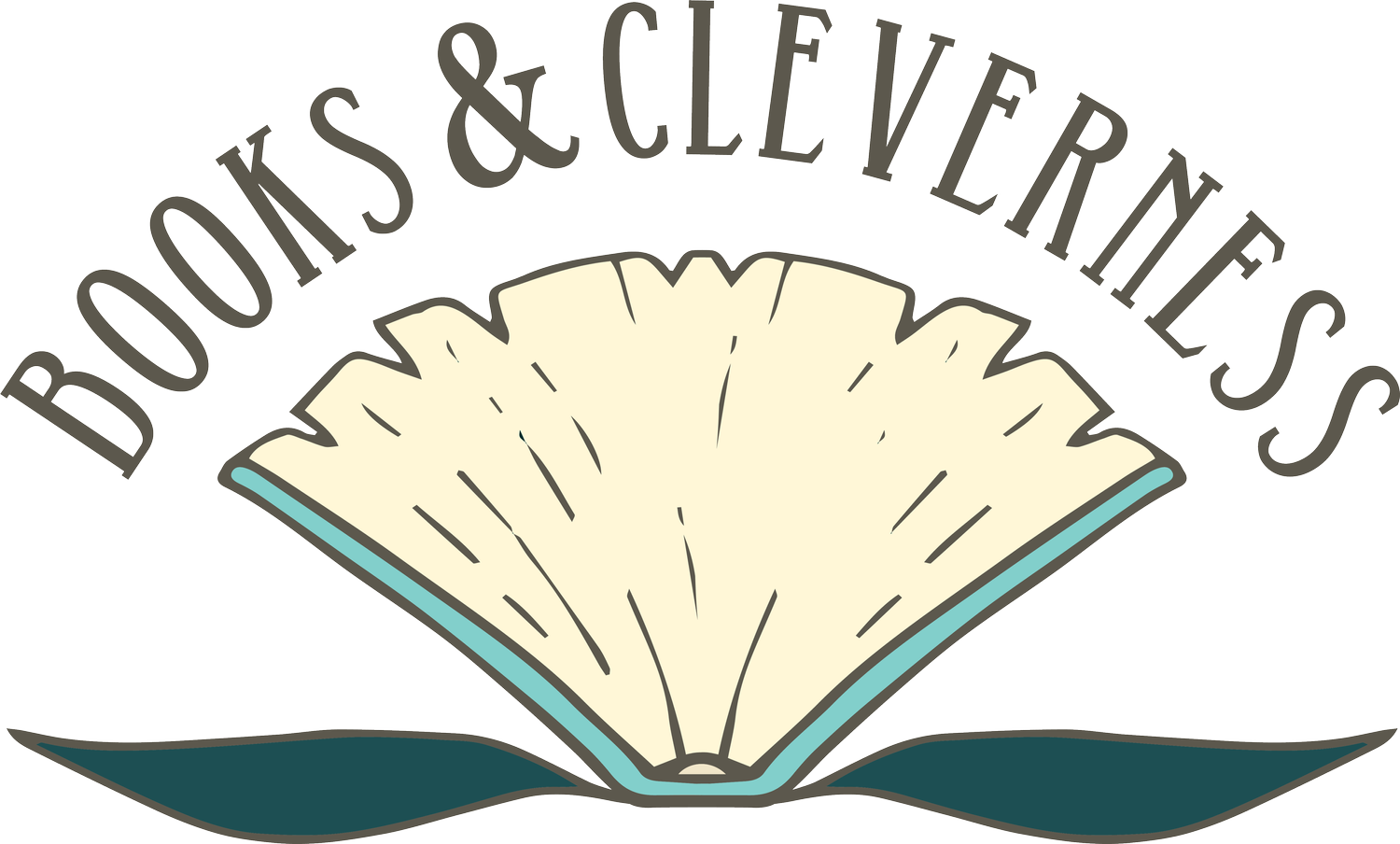The Invisible Life of Addie LaRue Review
V.E. Schwab has become one of my auto-buy authors, one of those writers whose books I don’t hesitate to purchase, even a pristine, hot-off-the-press copy from a big-box store. I think developing these “relationships” with authors is a beautiful thing. I believe in Schwab’s stories, including those yet to come.
That being said, I feel as though I had a strange and fittingly meandering journey with Addie LaRue. Of course, I bought it as soon it came out and then let it sit on my shelf for a disconcerting amount of time considering the hype and the love the Instagram algorithm could’ve given me if I’d posted a review sooner.
It wasn’t until the early summer of this year that I finally cracked open Addie’s spine.
*SPOILERS LIKELY FROM THIS POINT ON*
The simplest synopsis of the meat of the story is this: Adeline is a young French girl in the early 18th century who doesn’t want to be forced into marriage. She runs away into the darkness of the nearby woods and desperately prays to the powers that be. The one who answers is the literal Darkness, coalesced into the form of a man straight from Addie’s daydreams. A deal sealed with a kiss ensues. Addie will get long life, agelessness, and ultimate freedom, but in exchange, no one will remember her. (Obligatory “be careful what you wish for” inserted here.)
Addie’s life is a wandering, lengthy journey through centuries and time. Schwab cuts this journey into segments by interspersing the past with the present. We see Addie as both a terrified, broken, naïve young woman and the strong, resourceful creature she’s become.
Through the novel, Addie has two primary love interests. (I should note, Addie is also bisexual and has had many a heartbreaking dalliance through the decades.) In the present, there is Henry, a bookstore clerk with his own demons. After a rather fraught encounter, it turns out that Henry can remember Addie, for reasons I won’t fully disclose in this review. Therefore, they have a deep, meaningful, and consequential affair in spite of the obstacle that is Addie’s curse. Through Henry, Addie is able to recount her 300 years of life. Through Henry, Addie is no longer a ghost.
Then there’s Luc, the darkness with whom Addie made her fateful deal. He returns to Addie on the anniversary of their deal to ask for her soul. As they come together through the centuries, we see the best and worst of him as he sometimes abandons her for years and sometimes offers her refuge.
Clearly, we’re meant to be #TeamHenry. (Yes, I’m cringing, too.)
Here’s the thing: I can’t be on Henry’s side. Addie and Henry were always meant to be temporary, albeit necessary for the other. Henry becomes great through telling Addie’s story, and Addie’s story is finally heard – even if it’s told as fiction.
However, I am most certainly, without regret, without shame, #TeamLuc.
Perhaps it’s the suave, eldritch horror that I fell in love with. Who could blame me? Luc begins as a foreign, terrifying power: implacable, unknowable, a god. Addie begins as a dumb peasant girl. Yet by the end of the novel, Luc, though still fickle and cruel, has developed a humanness, and Addie has transformed into an ethereal being filled with history and experience. This translates into one truth: Addie is an absolute badass. Her determination and will basically humanizes the literal darkness.
That is the love story I wanted. Perhaps it wasn’t the love story Schwab wanted to tell considering the semi-open ending implying Addie might, in fact, escape Luc once and for all. However, I choose to believe Luc and Addie are happily bouncing from continent to continent, sipping wine in a volcano and making love on top of Mount Everest. Through Addie’s own strength, the darkness has been tamed, and her abundant life continues.
